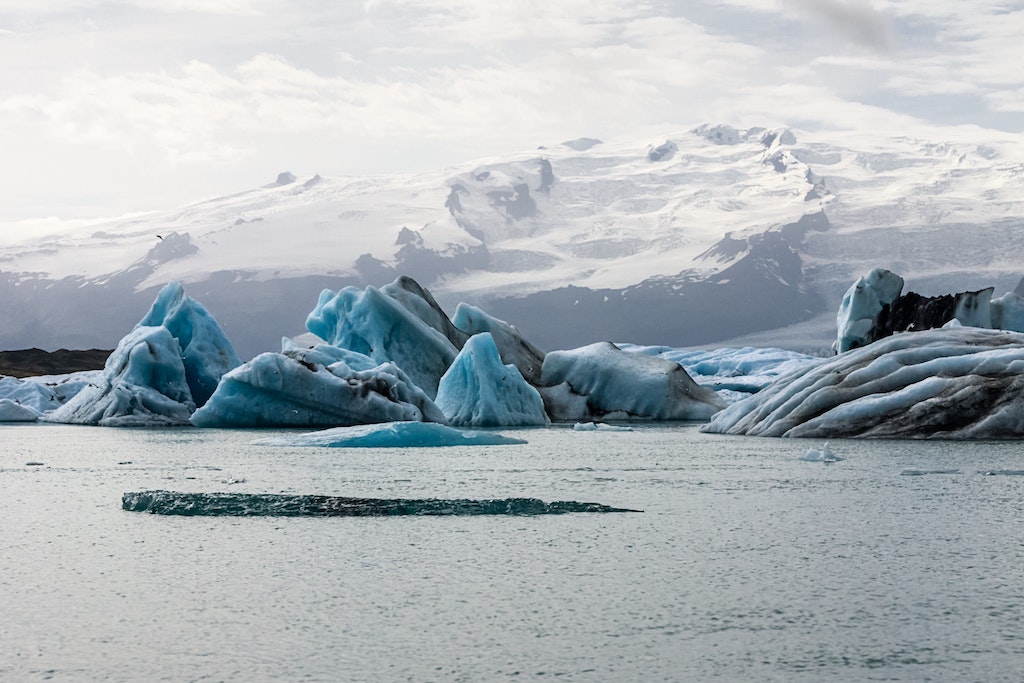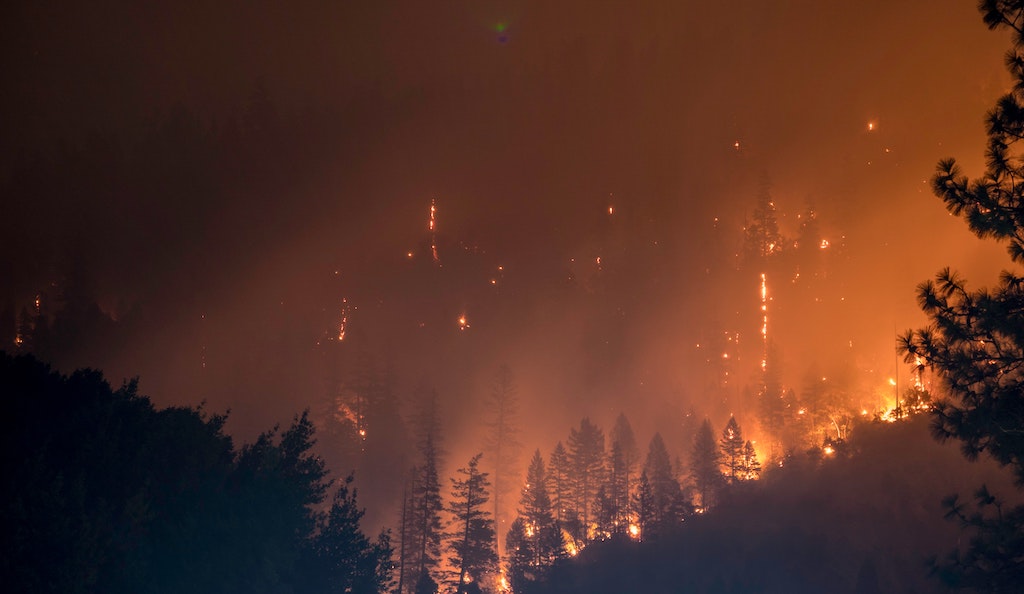4 Mins Read
A new report by the UN’s Intergovernmental Panel on Climate Change (IPCC) finds human activity has pushed climate change past the brink.
Scientists continue to sound the alarm about climate change. The most recent warning comes by way of a new United Nations report, “a code red for humanity,” according to UN Secretary General António Guterres.
The IPCC’s first major report on the climate crisis since 2013, it comes ahead of the fall’s climate summit COP26, currently scheduled for October in Glasgow.
The report points to worsening climate events—more extreme heatwaves and fires, droughts and flooding, and rising temperatures across the globe.

“If we combine forces now, we can avert climate catastrophe. But, as today’s report makes clear, there is no time for delay and no room for excuses. I count on government leaders and all stakeholders to ensure COP26 is a success,” Guterres said.
‘We cannot be any more certain’
According to the IPCC’s findings, “it is unequivocal that human influence has warmed the atmosphere, oceans and land.”
This is an indisputable fact, says one of the researchers, Professor Ed Hawkins, from the University of Reading, UK, “we cannot be any more certain; it is unequivocal and indisputable that humans are warming the planet.”
In the last fifty years, temperatures have risen faster than any other 50-year period in the last 2,000 years, the researchers found. They say the change in temperatures is already causing extreme conditions “in every region across the globe.”
Rising temperatures, rising sea levels
In the decade between 2011 and 2020, the global surface temperature was 1.09C higher than the decades between 1850 and 1900, the researchers noted. The past five years are the hottest on record since 1850. Under all possible emissions scenarios, the experts say temperatures will still reach 1.5C above 1850-1900 levels by 2040.
Many of the shifts as a result of the climate crisis are irreversible on immediate timescales, the researchers note.
The authors say that a 1.5C global temperature rise will be reached by 2040 in all-case scenarios—but only if measures are taken to reduce emissions, though. If emissions don’t decrease swiftly, the temperature increase could happen even sooner.
That 1.5-degree number is a touchstone agreed upon at the Paris Climate Accord in 2015 by almost every country in the world. Keeping temperature rises below 2C was determined critical in preventing an apocalyptic climate emergency.
This pact aims to keep the rise in global temperatures well below 2C this century and to pursue efforts to keep it under 1.5C.
“By using sports terms, one could say the atmosphere has been exposed to doping, which means we have begun observing extremes more often than before,” said Petteri Taalas, Secretary-General of the World Meteorological Organization.

Rising sea levels are also becoming more threatening, the report found. Between 1901 and 1971, rising sea level rates nearly tripled. Extreme sea rise events that were a “once a century” occurence will happen annually at more than half of tidal gauge locations by 2100, the report noted.
The report’s authors say human activity is at least 90 percent to blame for the retreat of glaciers and the decrease in Arctic sea ice. The Arctic will likely see an ice-free September at least once before 2050, the researchers noted.
‘No going back’
While the scientists say there is still time to lessen the impact of global warming, Professor Hawkins says the consequences “will continue to get worse” for every bit of warming.
“And for many of these consequences, there’s no going back,” he said.
These dramatic changes pose great threats to millions of people, particularly in coastal regions. The scientists warn of major flooding along coastlines by 2100. They say a sea-level rise of two meters by the end of the century can’t be ruled out. By 2150 it could be as much as five meters if the efforts to keep temperatures from the 1.5C threshold aren’t met.
“We will hit one-and-a-half degrees in individual years much earlier. We already hit it in two months during the El Niño in 2016,” said Prof Malte Meinshausen, an IPCC author from the University of Melbourne in Australia.
“The new report’s best estimate is the middle of 2034, but the uncertainty is huge and ranges between now and never.”
Net-zero
According to the report, the urgency to hit net-zero emissions targets can’t be underscored enough. This requires drastic efforts to reduce greenhouse gas emissions across all sectors, from agriculture to transport. The experts also suggest carbon capture technology and using tree planting as a means to absorb carbon.
“The thought before was that we could get increasing temperatures even after net zero,” said another co-author, Prof Piers Forster from the University of Leeds, UK.
“But we now expect nature to be kind to us and if we are able to achieve net zero, we hopefully won’t get any further temperature increase; and if we are able to achieve net zero greenhouse gases, we should eventually be able to reverse some of that temperature increase and get some cooling.”
Lead image courtesy of Unsplash.



